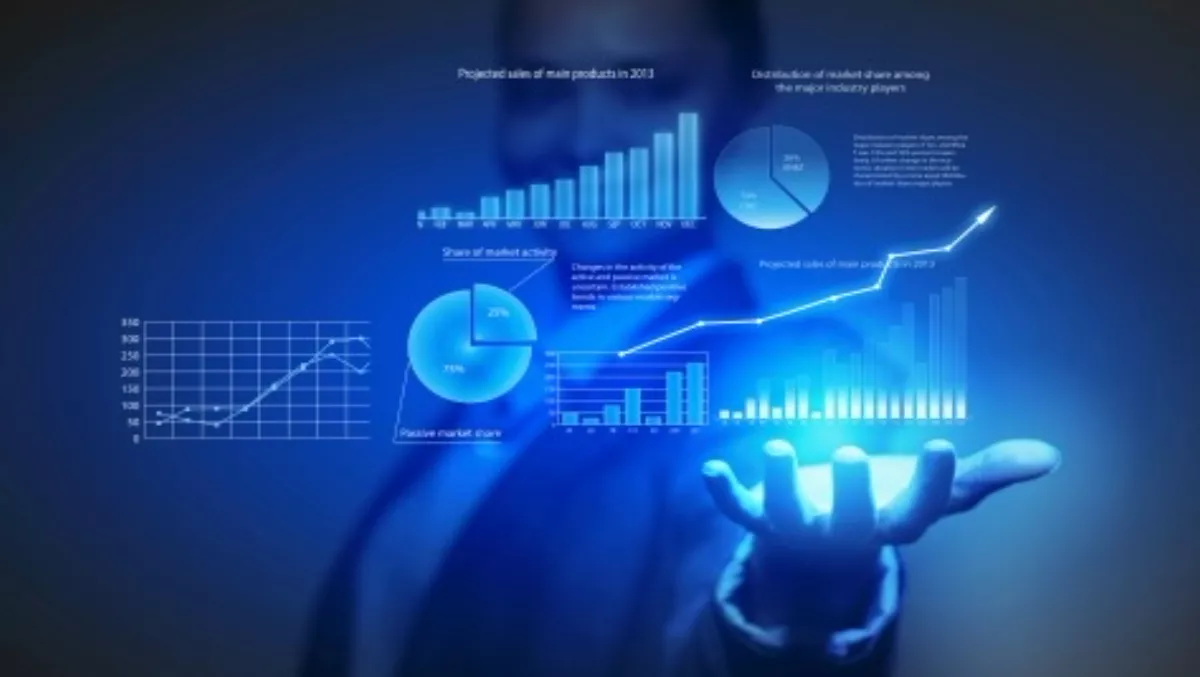
Welcome to 'the next big thing' for business: Operational analytics
Operational analytics are the 'next big thing' for ANZ businesses, with the potential to change the way we use analytics, and help companies improve the management 'of every element of their business, all the time'.
That's the view from Alec Gardner, Teradata ANZ general manager of advanced analytics, who says while data analytics can deliver insights that organisations can use to improve their business operations, traditional analytics has its limitations.
"For example, it makes sense when solving high-value problems, but is rarely scalable for the small decisions businesses make every day," he says.
"Operational analytics involves analysis data with the goal of improving existing business operations. However, operational analytics consists of more than simple applying traditional batch analytics to operational problems, and offers more than just single-use insights," Gardner says.
He acknowledges that operational analytics isn't, in fact, a totally new phenomenon, but rather an evolution in the larger analytics story.
He says Teradata has identified three key traits that make operational analytics a better fit for organisations' day to day activities.
Easy access to operational data Because operational analytics systems are effectively embedded into an organisation's operational systems, they have easy access to the data required to execute analytics tasks quickly and at scale.
Fully automated Operational analytics is fully automated so, once a new analytics process is approved, it continues to run and make decisions until somebody explicitly turns it off.
This trait enables organisations to have an ongoing measure of assurance that their data is being used to improve the business.
Prescribes actions Operational analytics makes so-called prescriptive analytics possible. Prescriptive analytics not only predict what might happen, but also prescribe the actions needed to make it happen or prevent it from happening.
Gardner says this approach is ideal when human intervention is impossible.
Of operational analytics, Gardner says: "It has the potential to change the way we use analytics, with data helping organisations to improve the management of every element of their business all the time.


